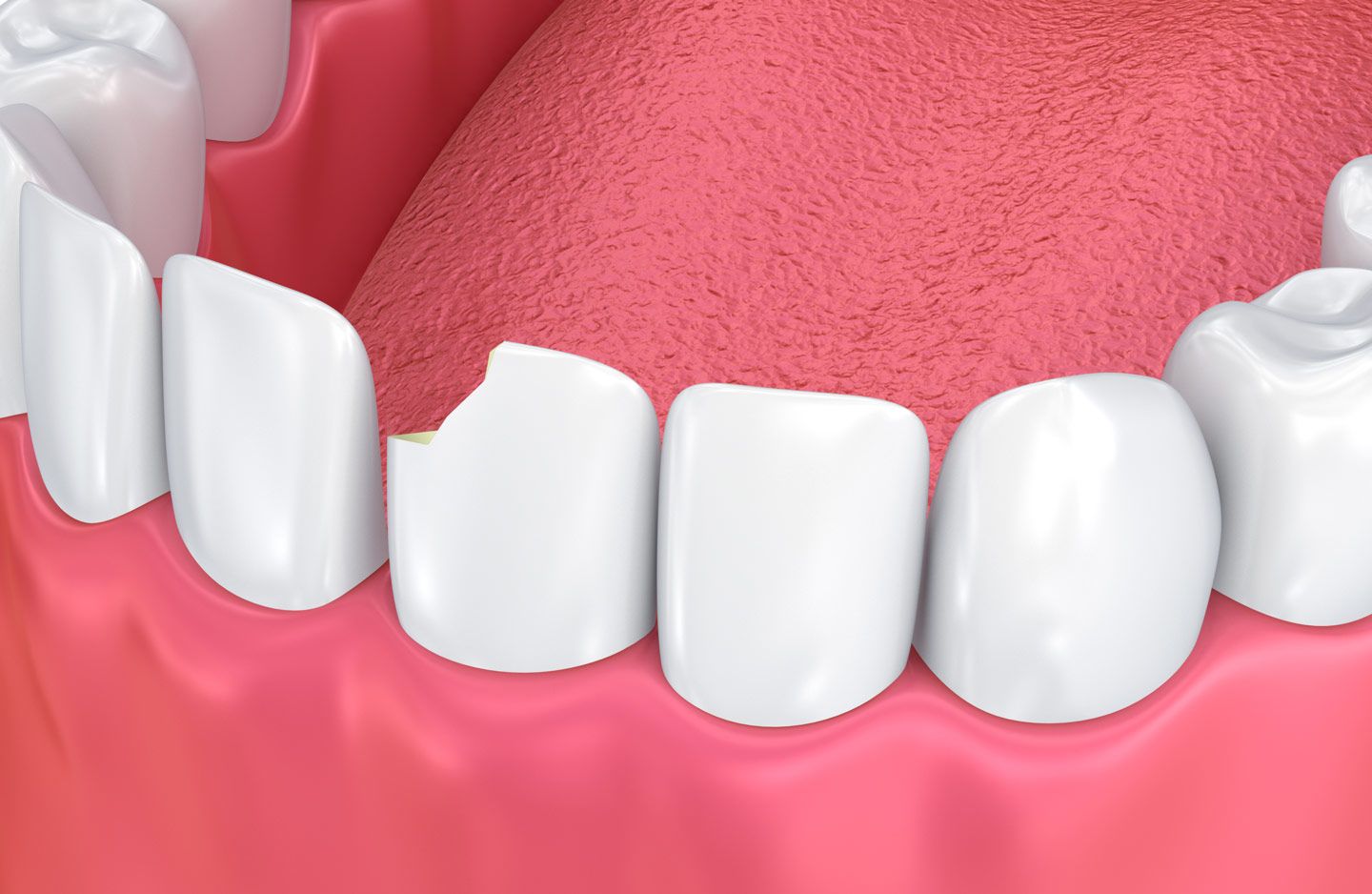
Newsletter Subscribe
Enter your email address below and subscribe to our newsletter

Enter your email address below and subscribe to our newsletter

Explore the cost of dental bonding, factors influencing price, insurance coverage, and ways to afford your smile makeover. Get expert insights for dental care.
Dental bonding is a popular cosmetic dentistry procedure known for its ability to transform smiles quickly and affordably. Whether you’re looking to fix a chipped tooth, close gaps, or improve the appearance of discolored teeth, dental bonding offers a versatile solution.
One of the first questions many patients have is, “How much does dental bonding cost?”
In this article, we’ll dive deep into the costs associated with dental bonding, examining the various factors that can influence the overall price.
We’ll also explore the extent to which dental insurance might cover this procedure and provide practical advice on how to manage the expenses associated with improving your smile.
If you’re budgeting for your dental health or simply curious about the costs involved, this guide will equip you with the knowledge you need to make informed decisions about dental bonding.
Dental bonding is a cosmetic dental procedure that uses a tooth-colored resin material to improve the appearance of your teeth. It can be used to repair chipped, cracked, or broken teeth, close gaps between teeth, change the shape or color of teeth, and even lengthen teeth.
Generally, the cost for dental bonding per tooth ranges from approximately $100 to $600 or more.
Here’s a breakdown of how these factors can influence the cost:
If you have dental insurance, it may cover a portion of the cost if the bonding is deemed necessary for structural reasons or to fill a cavity, rather than for purely cosmetic purposes.
Dental bonding costs without insurance can vary significantly depending on several factors, but generally range from $100 to $1,000 per tooth.
Here’s a breakdown of the factors influencing the cost:
Here’s a general cost range based on complexity:
Important points to remember:
Whether dental insurance covers the cost of dental bonding largely depends on the purpose of the procedure and the specifics of your insurance policy.
Generally, dental insurance policies differentiate between procedures that are considered necessary for the health of your teeth versus those that are purely cosmetic.
Here’s how this distinction typically affects coverage for dental bonding:
If dental bonding is needed for restorative purposes, such as filling a cavity or repairing a chipped tooth that affects your dental health, insurance is more likely to cover some or all of the cost.
Many insurance plans recognize that these procedures are essential for maintaining the structural integrity and functionality of your teeth.
When dental bonding is performed purely for cosmetic reasons, such as improving the appearance of teeth by closing gaps or covering discolorations, many dental insurance plans are less likely to provide coverage.
Cosmetic procedures are often excluded from dental insurance benefits because they are not deemed medically necessary.
For patients whose insurance does not cover the desired procedure, or who find that their coverage is insufficient, there are often alternative payment options available:
Read more: How To Get Dental Insurance without a Job
No, composite resin bonding does not damage the teeth. It’s a minimally invasive procedure that involves the application of a tooth-colored resin to improve the appearance or function of the teeth. Minimal tooth preparation is required, which may involve lightly etching the surface of the tooth to help the bonding material adhere better. This process does not significantly affect the tooth structure and is generally considered safe and non-damaging to the teeth.
Fact Checked
Our dedicated team rigorously evaluates every article and guide to ensure the information is factual, up-to-date, and free of bias.
Updated Regularly
We update our articles and reviews regularly to ensure you have access to the latest data in the dental industry.
Comments are closed.
The content on Dental3DU’s blog is intended for educational purposes only. This information should not be relied upon as professional medical counsel. Be sure to always consult with your dentist about the dangers and benefits of any medication, treatment or procedure.
Dental articles in your inbox. Subscribe
[…] Dental bonding typically costs between $100 and $600 per tooth. The exact cost can vary depending on several factors, such as the complexity of the procedure, the dentist’s experience, and your geographic location. Read more: Dental bonding cost. […]